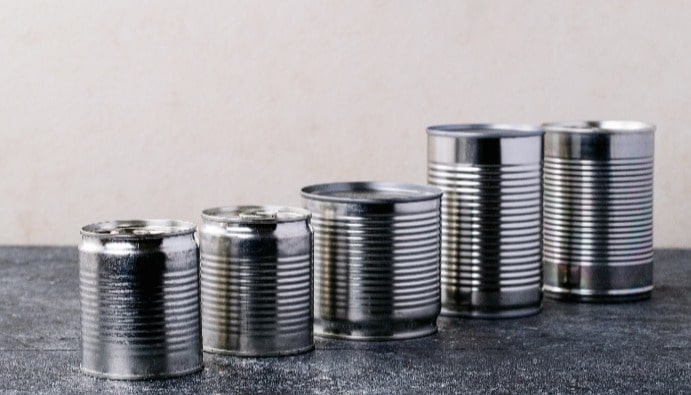Determination of Bisphenol-A

Bisphenol A (BPA) is a chemical compound used in the manufacture of food contact materials such as plastics and coating materials. Being a suitable material to produce strong and flexible plastics has increased its usage areas. However, with the detection of its harms, its use has become an undesirable substance.
It can be found in metal food and beverage cans, plastic bottles, plastic storage containers, feeding bottles, sports equipment, printing inks, adhesives, recycled cardboard and paper. BPA is a chemical substance that can pass into foods as a result of migration.
As a result of exposure to bisphenol A, it causes health problems on brain development and prostate gland in fetuses, infants and children.
Bisphenol A (BPA or 4,4-BPA) is a high-volume chemical used in the manufacture of a wide variety of consumer and industrial products. BPA is used as a monomer for the production of polycarbonate plastics and e.g. It is used as a starting material in the production of epoxy resins applied as a protective primer. As a result of the discussion of the safety of BPA in the process, BPA was banned in bottles in Europe and finally the specific migration limit was reduced to 0.05 mg/kg.
BPA is also used as the starting material for epoxy resins used as a protective lining to prevent corrosion in cans. As a result of these processes, Bisphenol A diglycidyl ether (BADGE) based epoxy resin is formed. BADGE is an additive that acts as a stabilizer and plasticizer in vinyl organosols (mixtures of PVC and epoxy resins) and is used in polyester-based inner box coatings. It can transform into BADGE, BADGE.H2O and BADGE.2H2O in contact with aqueous food products. In addition, BADGE.2HCL and BADGE.HCL may be formed as a result of reaction with chloride ions in the environment in contact with salty foods.
Bisphenol F and Novolac(phenol-formaldehyde resin) are used as the starting material as above, and as a result of these processes, Bisphenol F diglycidyl ether (BFDGE) and Novolac glycidyl ether (NOGE) based epoxy resins have emerged.
The limits and related communiqués of the factors included in our analysis are given in the table below.
| Bisphenol A |
0.05 mg/kg |
Turkish Food Codex Communiqué on Plastic Substances and Materials in Contact with Food (Communiqué No: 2019/44) |
BADGE
BADGE.H2O
BADGE.2H2O |
Cannot exceed 9 mg/kg or 9 mg/6dm2 in total |
Turkish Food Codex Communiqué on Restriction of the Use of Certain Epoxy Derivatives in Substances and Materials in Contact with Food (Communiqué No: 2012/32) |
BADGE.HCl
BADGE.2HCl
BADGE.H2O.HCl |
Cannot exceed 1 mg/kg or 1 mg/6dm2 in total |
Turkish Food Codex Communiqué on Restriction of the Use of Certain Epoxy Derivatives in Substances and Materials in Contact with Food (Communiqué No: 2012/32) |
BFDGE
NOGE |
Forbidden to use |
Turkish Food Codex Communiqué on Restriction of the Use of Certain Epoxy Derivatives in Substances and Materials in Contact with Food (Communiqué No: 2012/32) |
Bisphenol A (BPA) is tested on materials in contact with food within the scope of "Specific Migration Test".
You can contact us for all your questions and requests regarding the determination of Bisphenol-A.

